In Hungary, police beat journalists covering refugee crisis at border
New York, September 17, 2015–The Committee to Protect Journalists condemns the actions of Hungarian police who, according to reports, attacked journalists covering the arrival of refugees at the Serbian-Hungarian border. At least seven international journalists were beaten by riot police yesterday, and a video journalist from The Associated Press was ordered to delete footage on…
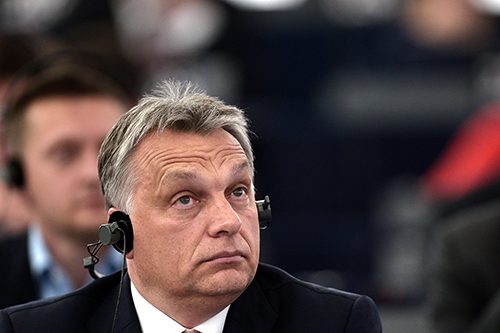
New hurdles for Hungary’s press as Orbán restricts FOI requests
“This is the best thing that has ever happened in Hungary.” Katalin Erdélyi, a freedom of information activist, was referring to a ground-breaking website launched in Hungary in 2012. “I was glad because I realized the potential and how it will help me get all the information I longed for,” she told me. The website,…
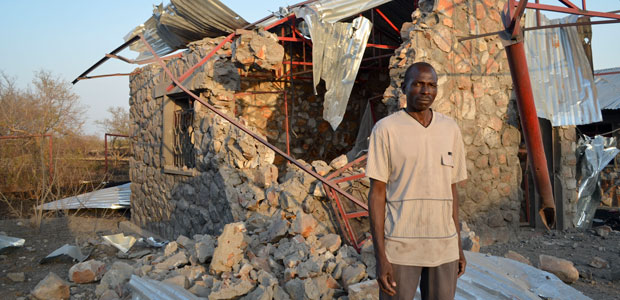
Journalists overcome obstacles through crowdfunding and determination
During South Africa’s Boer War, at the turn of the 20th century, a determined news organization relocated reporters, copy editors, and printing presses to the front line to ensure accurate reporting. In the Warsaw Ghetto, during World War II, a literal underground press, established to counter Nazi propaganda, required the nightly movement of cumbersome printing…
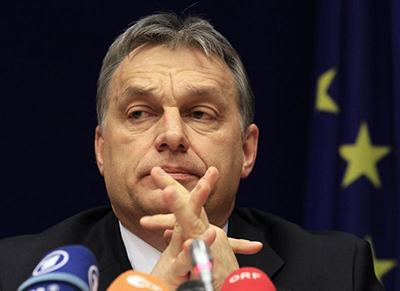
Orbán walks fine line in Brussels with Hungary’s media law
“With the Islamic state offensive, the Ebola epidemic and Ukraine, Hungary is not on anyone’s mind in Europe,” mused one of our interlocutors during the Committee to Protect Journalists’ fact-finding mission in Budapest in October. “Viktor Orbán has really nothing to fear from Brussels.”
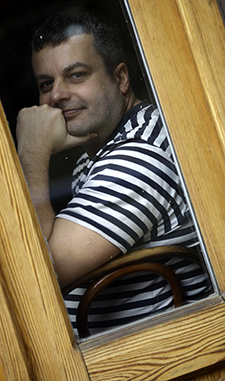
In Hungary, an independent website defies censorship and pressure
A delegation from the Committee to Protect Journalists, led by board member Kati Marton, traveled to Hungary in October on CPJ’s first fact-finding and advocacy mission to an EU member state. We went there in response to concerning reports of deteriorating conditions for the press, and met dozens of journalists, media lawyers, managers, rights defenders,…

Mission Journal: Creeping authoritarianism in Hungary
On the Buda side of the River Danube stands the glass and steel headquarters of the thriving German-owned entertainment channel RTL. On the Pest side of the Hungarian capital, tucked in a corner of a converted department store, lies the cramped office of struggling online news outlet Atlatszo.
Hungarian journalists work in climate of self-censorship, fear
Budapest, October 17, 2014–On a rare mission to a European Union country, a CPJ delegation led by board member Kati Marton was in Hungary this week to meet with journalists, media lawyers, managers, rights defenders, policy analysts, and government officials to discuss Hungary’s press freedom record.
Amid government crackdown, Hungary’s journalists look for new ways to work
“They raided our offices as if we were mobsters. The irony of the situation is that the Hungarian police rarely raid mobsters with such force,” said an employee at one of two NGOs whose Budapest offices were stormed by about 20 officers of the Central Investigations Office–Hungary’s version of the FBI–on September 8.
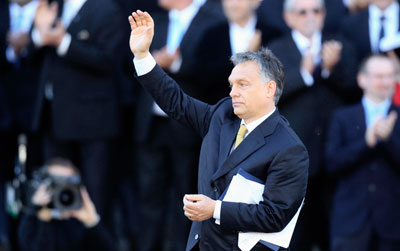
Hungary’s independent media struggle against economic pressure, intimidation
“This is a new wave of clampdowns by the government–they want to have another four-year term with even less critical media than before,” said Szabolcs, a 21-year-old economics student, one of thousands of people who marched in the streets of Budapest in June, chanting “Free Country, Free Press!” The demonstrations were in reaction to several…
EU underscores support of free expression, but slights access to information
A new document on freedom of expression and opinion, adopted May 12 by the 28 foreign ministers of the European Union, presses nearly all the right buttons. Drawing its inspiration from international human rights norms as well as from the EU’s treaties and its charter of fundamental rights, the document reaffirms the role of freedom…